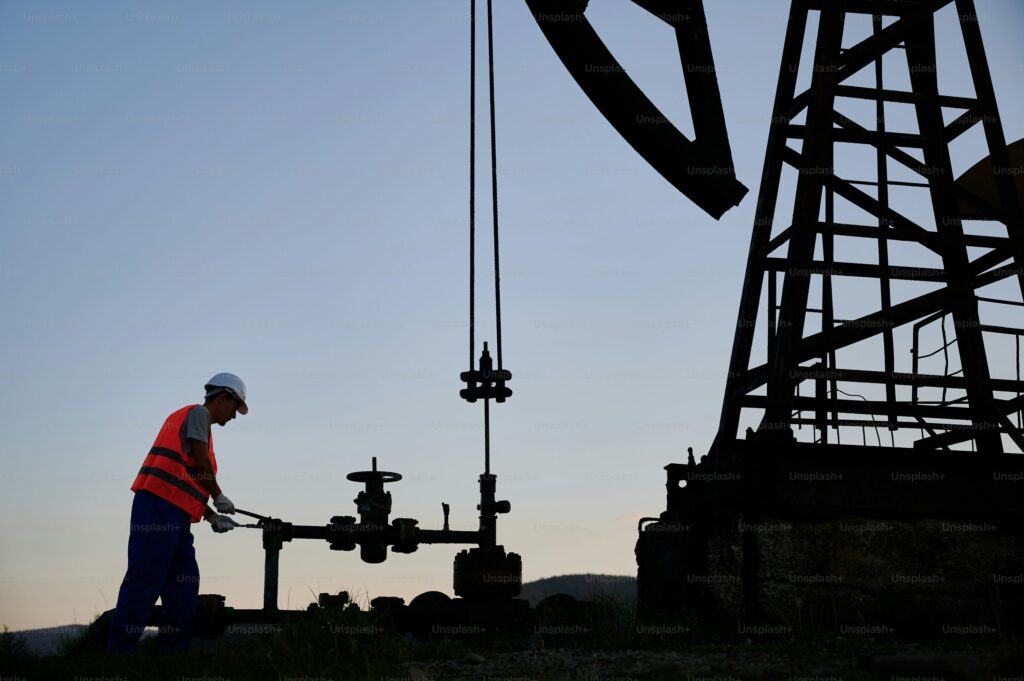Former Canadian finance minister Joe Oliver writes movingly about the reality that trapping poor people in “energy poverty” means disease, misery and death. The increasingly isolated and ludicrous Alexandria Ocasio-Cortez may rant that her position is not elitist. But Oliver just returned from Papua New Guinea where only 13% of the populace has electricity and he says “It is impossible to elevate people in dire need to a decent standard of living without cheap electricity”. Thus he insists on the “moral imperative of developing fossil fuels” and “the profoundly unethical stand of climate-change alarmists who are working to rid the world of hydrocarbons, irrespective of the harm to economic growth, employment and a decent standard of living for billions of people.”
Rupert Darwall in the New York Post also lectured AOC and her fellow travellers that while the GND has been criticized as socialist, “whatever its real-world outcomes, and they were horrendous, at least the old socialism in theory sought to advance the economic interests of the working class. The GND does the opposite…. The GND, in other words, is redistributionist, yes, but the redistribution goes from the bottom to the top — from the poor and from workers to wind and solar investors.”
Oliver writes of Papua New Guinea that “The government’s goal is to extend electrification to 70 per cent by 2030, an ambitious precondition to substantially raising GDP per capita above its current $2,400.” And one waits in vain for the AOC’s of this world to propose depriving 7/8 of Americans of electricity (at least on purpose; the actual effect of implementing the Green New Deal might well be something along those lines, though obviously you’d never get away with it). Though if she did one presumes she would be in the remaining 1/8.
Oliver even notes that PNG “imports heavy fuel oil and diesel for 40 per cent of its energy, but does not access its abundant coal reserves. Yet coal is an important source of inexpensive energy in south-east Asia. Over 2,500 coal plants, with total generating power of around 2,000,000 megawatts (mw), are operating or in development in Asian signatory countries of the Paris Accord. For context, Canada’s 100 largest generating stations have a combined capacity of 100,829 mw.” And PNG is now thinking of developing coal.
Around the world, Oliver points out a fact that could astound and should shock us: “Over a billion people lack access to electricity and another billion and a quarter have insecure access.” And, he says, it would be profoundly wrong to deny them the chance at a better life that electricity brings based on “failed predictions about temperature change, disappearing polar bears, ice melting, islands sinking into the sea and extreme weather events”. He quotes Nobel prize winner and theoretical physicist Richard Feynman that “It doesn’t matter how beautiful your theory is, it doesn’t matter how smart you are. If it doesn’t agree with experiment, it’s wrong.”
Oliver concedes that doubling GHGs in the atmosphere would raise the temperature by about 1.1 degree Celsius. But he says that “secondary effects have not multiplied that number” while increasing CO2 in particular “makes plants more drought resistant and increases arable land” while “Extreme weather events have not increased, according to the IPCC” and “There is no satisfactory explanation for why temperatures have risen, fallen and remained flat during the last century of steadily increasing emissions.”
His conclusion is that “We should responsibly develop the resources we have been blessed with because we owe it to our countrymen in the here and now. Also, economic growth can finance science and adaptation, which offer the best opportunity for breakthroughs in innovative technology and environmental protection.”
It's a bit of a pity he didn’t talk like this while he was in politics. But we welcome his voice of sanity on the real-world consequences of acting on highly improbable hypotheticals about the disaster that awaits billions of people if we don’t trap billions of people in the disaster they’re now in.



"It's a bit of a pity he didn’t talk like this while he was in politics." Isn't that always the case? Politics makes people stupid - and corrupt. We need less of it, not more.
The paper by Dr. Matt Ridley entitled "The poor are carrying the cost of today's climate policy in the book "Climate Change: The Facts 2017" emphasizes too the unfairness of the climate alarmism policies forced upon the developing countries.